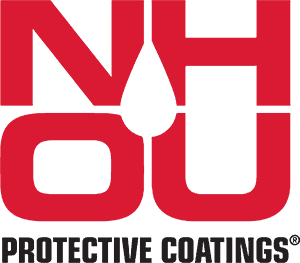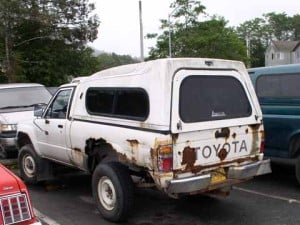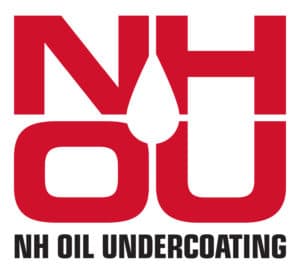What is Rust
Auto Corrosion-Rust is nasty stuff. It’s ugly, it stains our clothes, it makes paint bubble up and peel off, it rots holes in our cars, and – worst of all – it can make them unsafe to drive. But what is rust, really? What’s actually happening when our cars rust? And how can we prevent Auto Corrosion?
There’s a very clear explanation on How Stuff Works. It starts with a paragraph full of scientific details that may be a little intimidating if you didn’t do well in chemistry. But don’t worry; it gets easier. The rest of the paragraphs are more practical and easy to visualize. Basically, the chemistry paragraph says this: Rust is just one example of corrosion. ‘Rusting’ is the word we use specifically for the corrosion of iron, but corrosion can happen to many different substances, not just iron. Corrosion is an electrochemical process, and it requires three things: an anode, an electrolyte and a cathode. Auto Corrosion
- Anode: a piece of metal that readily gives up electrons
- Electrolyte: a liquid that helps electrons move
- Cathode: a piece of metal that readily accepts electrons
When a piece of metal corrodes, the electrolyte helps provide oxygen to the anode. As oxygen combines with the metal, electrons are liberated. When they flow through the electrolyte to the cathode, the metal of the anode disappears, swept away by the electrical flow or converted into metal cations in a form such as rust.
After that, the language in the article becomes simpler: Auto Corrosion
When a drop of water hits an iron object, two things begin to happen almost immediately. First, the water, a good electrolyte, combines with carbon dioxide in the air to form a weak carbonic acid, an even better electrolyte. As the acid is formed and the iron dissolved, some of the water will begin to break down into its component pieces — hydrogen and oxygen. The free oxygen and dissolved iron bond into iron oxide, in the process freeing electrons. The electrons liberated from the anode portion of the iron flow to the cathode, which may be a piece of a metal less electrically reactive than iron, or another point on the piece of iron itself.
But what about salt? Isn’t road salt supposed to make our vehicles rust faster? Yes, Auto Corrosion & it certainly does:
The chemical compounds found in liquids like acid rain, seawater and the salt-loaded spray from snow-belt roads make them better electrolytes than pure water, allowing their presence to speed the process of rusting on iron and other forms of corrosion on other metals.
And so does acid rain. No wonder we have so many rust problems in New Hampshire. So it’s not just the road salt, after all. What to Do About It We may not be able to get rid of acid rain and road salt, and we wouldn’t want to get rid of the water in our environment, but there is something we can do that’s proven to make our cars rust less and last longer. It’s called NHOU rustproofing, and it’s available right here in New Hampshire from The Rust Stop Pros.
Stop Auto Corrosion with NHOU Rustproofing
NH Oil Undercoating® is designed to create a barrier that can’t be broken, chipped or cracked. By staying fluid, our environmentally friendly petroleum-based rust protection heals back over after any abrasions providing lasting protection, even in extreme conditions.


